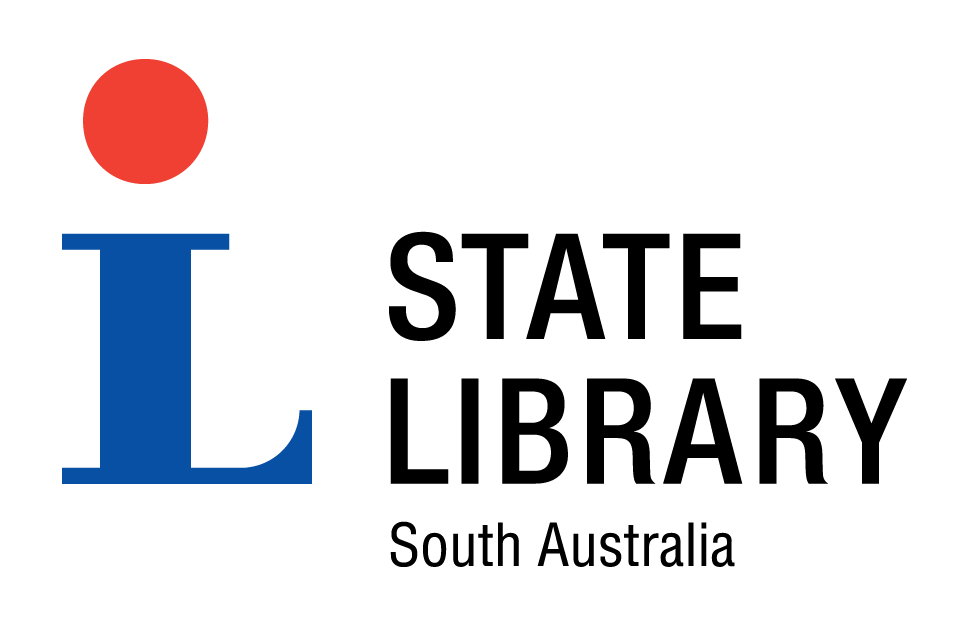
Sex Industry Page 2
19th Century Reform Movement
On 31 July 1882 Pastor Joseph Kirby, of the Congregational Church at Port Adelaide, presented a lecture in the Pirie Street Lecture Hall. Titled 'Remedies for the great evil which injures social purity' Kirby defined the "more prominent forms of the social evil" as "female prostitution - that is the female making herself common to many men for the sake of gain or pleasure" and "male prostitution - when a male, out of the lust which is in him, consorts with many women, and is so vile as to consort with women whom he knows to be ofttimes visited by many other men". [Kirby, Remedies for the great evil which injures social purity, 1881, pg. 3]
Pastor Kirby proposed a number of remedies to these 'social evils', including raising the age of consent for girls from twelve to thirteen, making the seduction of a female under 21 by her master an offence, making concealment of paternity an offence, making men liable to half the maintenance of any child of a woman he has had carnal knowledge of until the child reaches 14 years of age, and the establishment of a Social Purity Society.
A motion passed that evening pledged "to endeavour to form a Society as suggested by Mr. Kirby". [Register 1 August 1882, pg. 5] The Social Purity Society of South Australia published its constitution and list of executive members in The Adelaide Observer on 7 October 1882, and set about building support to amend the law. On 22 January 1883 a Port Adelaide branch was established, the Chairman of the meeting, the Rev. Green, pointing out that "owing to the excellent manner the police of Port Adelaide had performed their duty there were no brothels therein." [Register 23 January 1883, pg. 6]. Perhaps, but Port Adelaide Police Magistrate, R. J. Turner, giving evidence before the Commission on the Destitute Act 1881 on 8 August 1884 said, "When I first came to the Port, in 1880, I noticed a number of young girls being brought up for petty offences ... I would see the same girls constantly in company with the same boys, and the inference I drew was that these girls had become prostitutes at this early age ... from ten years of age up to thirteen or fourteen." [Minutes of evidence on Destitute Act, no 228/1885 4745-4746]
During 1883 petitions signed by more than 6000 petitioners calling for "better protection for the virtue of young girls and women" were presented to both houses of Parliament, and on 23 September 1884 the Protection of Young Females Bill was introduced into the Legislative Council. The Bill passed the Legislative Council on 8 October and introduced into the House of Assembly where it was withdrawn due to the lack of time available to consider it in that session.
The common perception reported by newspapers of the period was that prostitution was epidemic in Adelaide. Commissioner of Police, William Peterswald, however in his evidence before the Commission on the Destitute Act 1881 on 12 September 1884 reported a YMCA delegate from Melbourne requested a detective to accompany him as he had heard so much of the immorality of Adelaide. "He told me what he had seen - and he had seen everything - and he said they would take no notice of that whatever in Melbourne. ... You say the extent of the social evil in Adelaide has been much exaggerated? - Yes; for a city of this size." [Minutes of evidence on Destitute Act, no 228/1885 5814-5816]. Earlier when asked if there were a considerable number of young girls in brothels in Adelaide, Peterswald replied, "No; I do not think so ... I am informed not, by the police." Questioning and his evidence continues, "Are there any girls of seventeen or under in brothels in Adelaide? I do not think so. The police have strict orders when they hear of anything of the kind to bring the girls up at once. Under what age? The age prescribed by the Act. What is that? Sixteen years. There are a great many prostitutes in town not residing in brothels. You mean secret prostitutes? Not very secret. You see a great many young girls walking about the street at night, and we have no power over them. You mean they live at home? Yes. But their conduct is such as not to make much of a secret of what they do. Then they go to houses of assignation? Yes; or the park lands. ... I think there is a very exaggerated idea of the immorality of this place. [Minutes of evidence on Destitute Act, no 228/1885 5809-5814]
On 10 June 1885 a new Bill titled the Protection of Young Persons Bill was introduced to the Legislative Council, where it passed on 14 July. On introducing the Bill into the House of Assembly Dr John Cockburn, made the point that the previous Bill had been a measure for the suppression of vice but this Bill was for the better protection of young people. He said, "It had been clearly recognised that it was absolutely impossible to abolish brothels and to put a stop to the vice of prostitution ... and any attempt to repress it would simply be in vain." [Hansard 23 July 1885, pg. 345] Later in the second reading debate the Hon. John Colton referred to the role of the Social Purity Society, the Society "had had a good deal to do with the introduction of this measure. They had been exceedingly active and energetic in bringing their views before the community ... the matter was discussed throughout the colony at the last elections." [Hansard 28 July 1885, pp 371 & 372]
The Bill eventually passed on 8 December 1885, and the women of the Social Purity Society, including Mary Lee, had learned valuable lessons in the importance of a women's voice in politics and the creation of policy.
Awareness of the importance of a woman's voice in politics to influence matters of interest to women grew with the social reform movements of the late 19th Century. Prostitution was seen as a product of poverty and women's dependence on fathers, husbands and sons to provide the necessities of life. In 1883 the rate of infant mortality among illegitimate children in Adelaide was 40%, domestic servants comprised 88% of single women admitted to the Lying-In Home, and 148 families (65 adults and 421 children) were receiving outdoor relief with another 12 wives in the destitute asylum and 217 deserted children either in the Industrial School or placed out.
The provision of employment for women other than domestic service where they were subjected to the sexual advances of their masters or the poorly paid sweat shops of the garment trade that made sex work an attractive alternative, and the right to own their own property, were all measures designed to give women the economic independence to care for themselves and their children without the need to resort to prostitution.
Items 1 - 9 of 9











